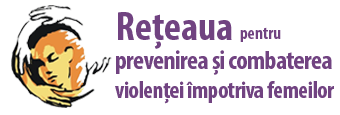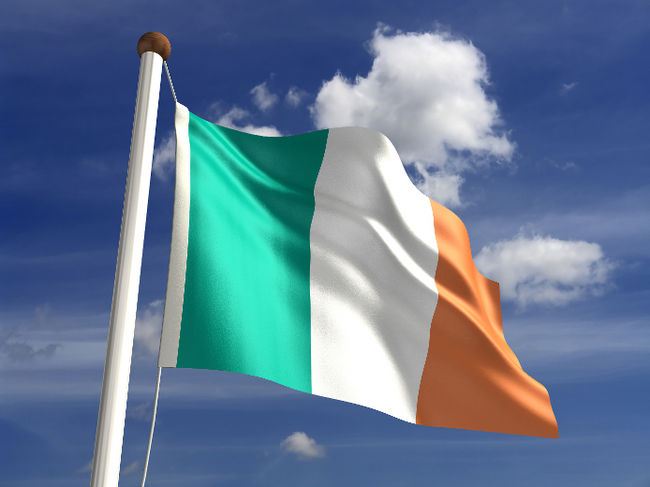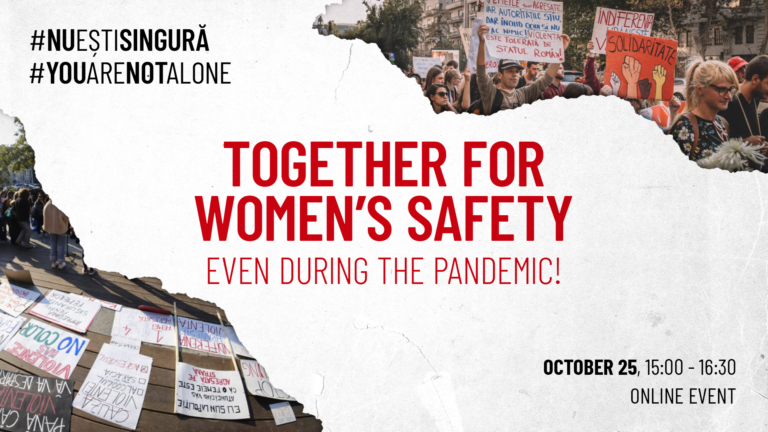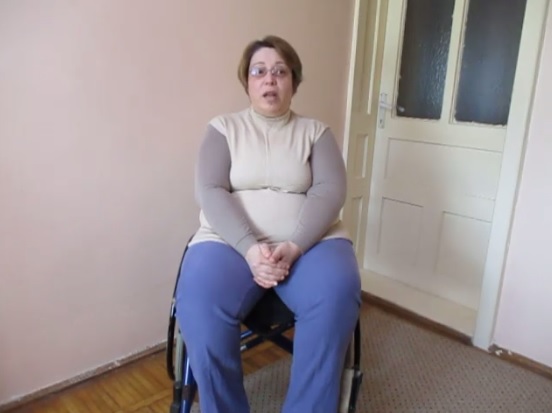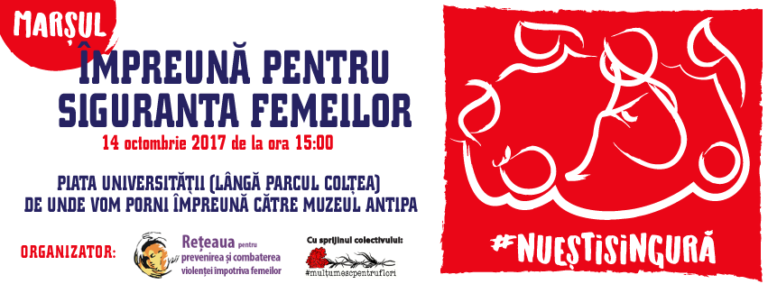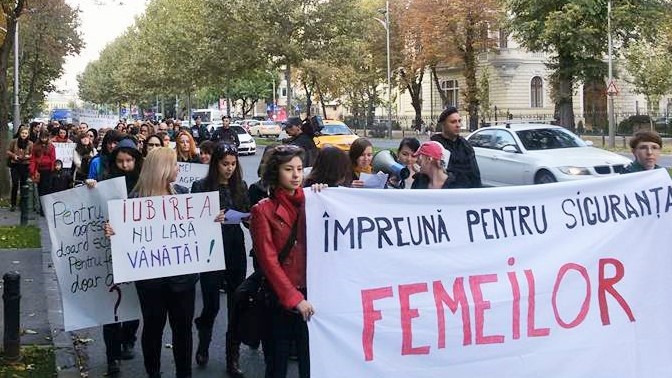Message from the Ambassador of Ireland in Bucharest, Mr Derek Feely
Gender-based violence is one of the most socially tolerated abuses of human rights worldwide. It is the act or threat of harm inflicted on a person because of their gender. GBV contributes hugely to poverty and ill-health worldwide and prevents many people, the vast majority of whom are women, from reaching their potential. Although gender inequality is a global issue, it is made worse by poverty and is a key factor in the persistence of poverty. Sustainable changes in the lives of poor people can only happen when men and women are treated equally. That means equal access to and control of resources and benefits, equal participation in political decision-making and equality under the law.
For these reasons, Gender Equality is a priority area for the Irish Aid Programme known as Irish Aid, which focusses mainly on sub-Saharan Africa. In all our work, we take account of gender equality and try to empower women and girls to achieve their full potential. We believe that women and men everywhere should have equal access to and control of resources and benefits, equal participation in political decision-making and equality under the law. We give a high priority to ending gender-based violence through support for a number of specific programmes aimed at preventing and responding to this issue.
Just one such example can be seen in our partnership with Raising Voices. This Uganda-based non-profit organisation is internationally recognised as a pioneer in preventative approaches to gender-based violence through community mobilisation. Such interventions have provided clear evidence of how attitudes among men and women towards gender-based violence can be transformed through community-led action, lowering tolerance for gender-based violence and reducing impunity for perpetrators.
Irish Aid is also supporting the UN Women-administered Trust Fund to End Violence Against Women. This unique grant-making mechanism supports civil society organisations and UN country teams to expand survivors’ access to key legal, psychosocial and health care services. One example of a partner supported was Physicians for Human Rights, an organisation which developed a medical and legal system for managing forensic evidence in rape cases in the Democratic Republic of the Congo, the Central African Republic, Kenya, Sudan and Uganda.
In addition to supporting interventions at the programme level, Ireland also works at the global level to advocate for an end to gender-based violence and to increase awareness of the causes and consequences of such violence. This was particularly the case in the 2014 and 2015 discussions on the Post 2015 development agenda, when Ireland’s was one of the leading voices in the Open Working Group on Sustainable Development in calling for an ambitious goal on gender equality as well as its effective mainstreaming across all other goals, target and indicators. As gender-based violence continues to be the most pervasive yet least recognised of all human rights abuses, we need to ensure that it remains at the top of the agenda.
Of course, we do not forget that violence against women is also a pervasive problem in Ireland. It is a challenge, however, that the Irish Government has demonstrated that it is committed to tackling.
